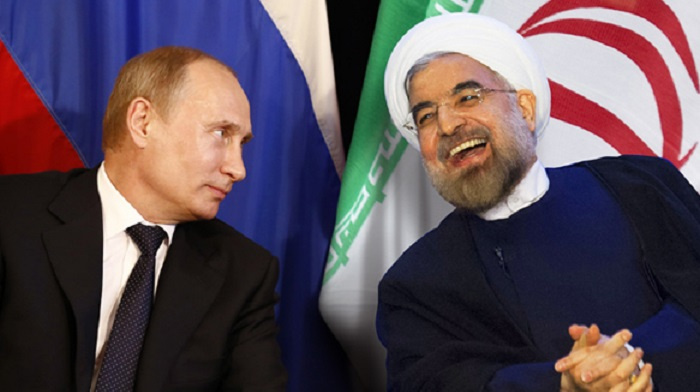In Search of a Reliable Partner: Iran in the new global order

By: Vahid Karimi
The world is moving towards a multipolar order, yet it is impossible to deny the hegemony of the United States and its decision-making power, or speak of Washington's decline. Nonetheless, to make a more accurate prediction of the future of international relations, we should wait to see who will step into the White House after Obama.
Personally, what I envisage is formation of a new pole that includes the US and Britain. The new alliance will revolve around economy and diplomacy, but more importantly, security concerns. Brexit has facilitated the path towards this new alliance, and it is foreseeable that Japan, Canada, Australia and even India would join the new front. What brings together members of this bloc, despite their different interests, is their concern about the rise of a new global power, i.e. China. The new bloc will be led by Washington and London.
Seismic shifts do not leave the Middle East intact: extra-regional players will influence the course of developments in this part of the world. Iran and Russia will stand on one side of the new confrontation, and West on the other side. Moscow, however, will not be a reliable partner for Iran in this new arrangement. For Moscow, the priority is to expand its influence in Europe, particularly inside its former satellite countries in east of the continent, and also in major European institutions. In its diplomatic deals with Europeans, Moscow is always ready to make concessions in its other zones of influence, including the Middle East.
At this juncture, Iran has already formed what I call an "alliance of the weaker": a bloc that includes Russia and a number of less powerful countries in the region such as Lebanon and Syria. The war of attrition going on in the Middle East will drain the resources of this alliance, and will push the Middle East towards implosion. But is there a solution?
For one thing, Iran can engage with the new UK-US pole which I mentioned earlier. A likely engagement with the bloc can make the game more complicated and provide Tehran with a stronger leverage. It can help Iran define common interests with members of the bloc and help Tehran resolve regional impasses. The predictability of this new approach is much more than an alliance with Moscow.
* Vahid Karimi is head of the European Desk in Ministry of Foreign Affairs' Institute for Political and International Studies. This piece is an abridged version of his speech in a recent forum on new international challenges and trends, and Iran's position.

